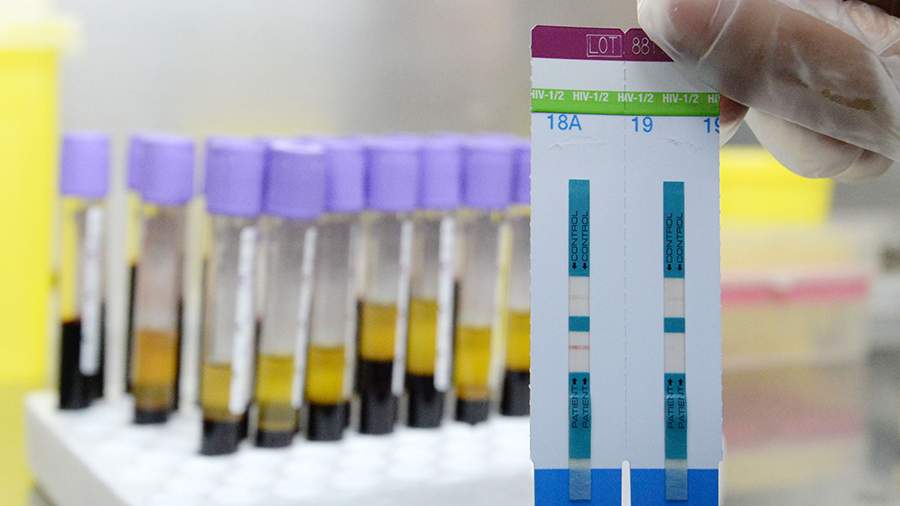Scientists from the University of Oxford have discovered the most virulent variant of HIV known in the Netherlands. The discovery is reported February 3 in a study published in the journal Science.
At the end of 2018, as part of the Beehive international project, scientists, analyzing blood samples from HIV-infected residents of European countries and Uganda, discovered a mutation. A previously unknown variant, called VB, was found in 17 people. Of these, 15 turned out to be residents of the Netherlands, so the researchers additionally studied samples taken from 6.7 thousand HIV-positive Dutch people. So scientists discovered 92 more carriers.
Then the experts examined 109 carriers of the VB variant. According to the data obtained as a result of the analysis, the viral load of those infected with this variant was from 3.5 to 5.5 times higher than that of those infected with other strains. In addition, the rate of decline in the number of CD cells (a sign of damage to the immune system) was twice as high, which means that the risk of developing AIDS was also higher. There was also an increased risk of transmission.
“The age, sex, estimated mode of infection and place of birth for these 109 carriers were typical of HIV-infected Dutch people, suggesting that the increased virulence is related to the viral strain,” the article says.
At the same time, the researchers concluded that this variant of the human immunodeficiency virus does not pose a significant threat to public health. They argue that antiretroviral therapy, regularly used to treat people with HIV, is effective against the new variant as well.
“Our results highlight the importance of the WHO recommendations that people at risk of HIV infection should have access to regular testing for early diagnosis followed by immediate treatment,” the researchers note.
A detailed analysis showed that the new version appeared, apparently, in the late 1980s and early 1990s in the Netherlands. In the 2000s, it spread faster than other variants of HIV, but since about 2010, its spread has declined. The effective fight against HIV in the country made it possible to contain the spread of the infection.
Earlier, on January 31 last year, it became known that scientists from South Africa found multiple mutations of COVID-19 in a woman infected with HIV from birth. She suffered from the coronavirus last year and remained infected for nine months. During this time, the pathogen has accumulated 21 mutations in her body. It was noted that the patient had not received proper treatment for HIV for a long time.
Director of the Scientific and Clinical Center for Precision and Regenerative Medicine Albert Rizvanov explained that HIV-infected people who do not comply with the treatment regimen experience immunosuppression, that is, their HIV suppresses the immune system. Against this background, any infections can occur for a long time, since the body cannot cope with them.
Source: IZ
Jane Stock is a technology author, who has written for 24 Hours World. She writes about the latest in technology news and trends, and is always on the lookout for new and innovative ways to improve his audience’s experience.




